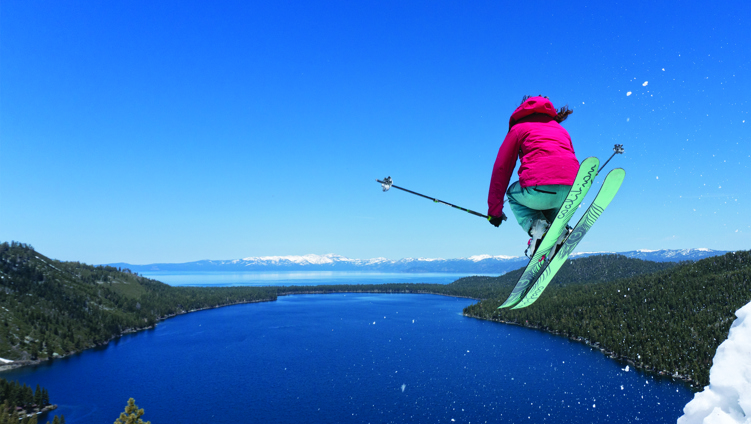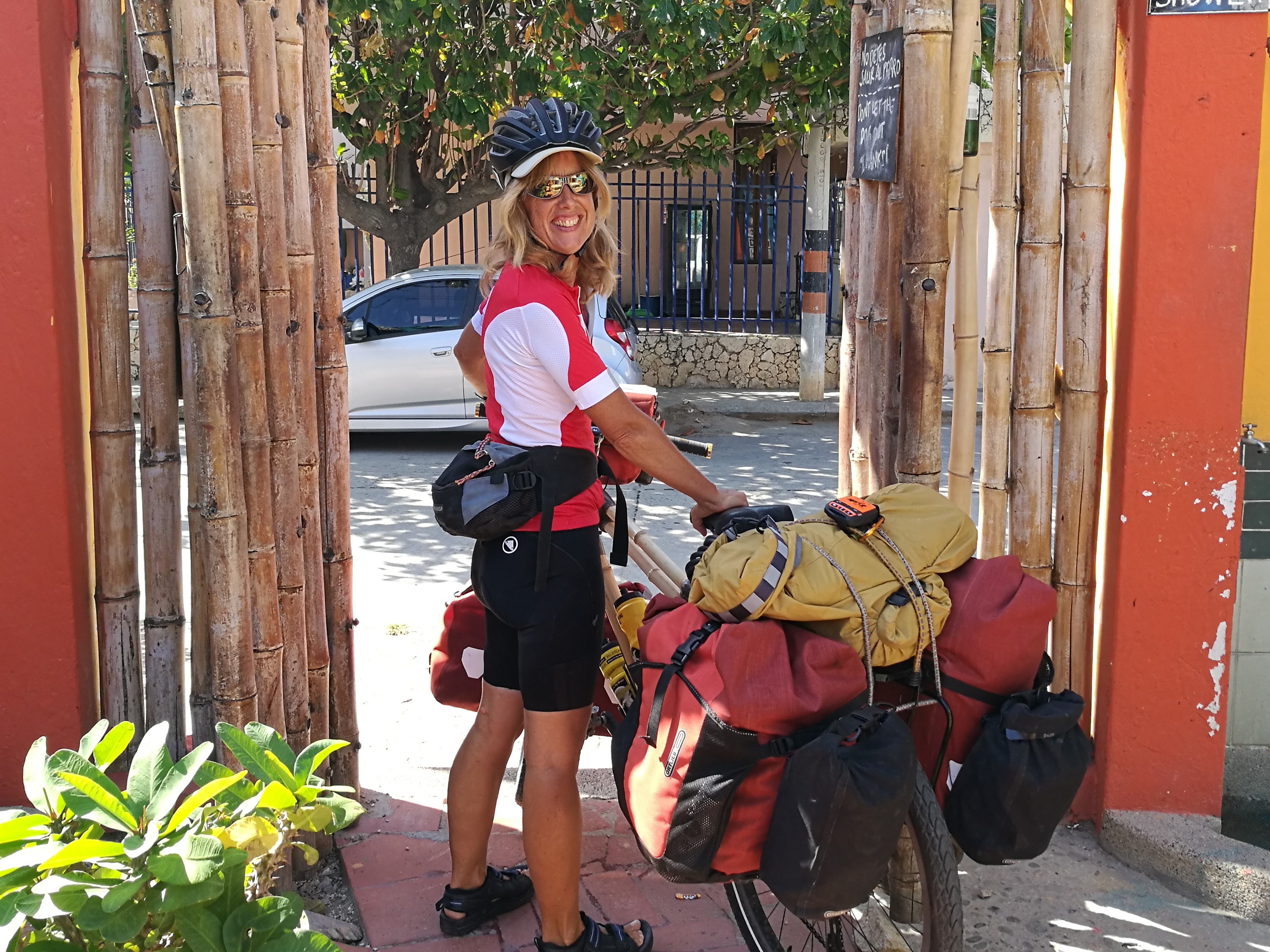A crucial challenge (especially in the individual-centric adventure world) is moving from individual to systemic change. What are some of the tactics people involved in adventure can use to help this?
What a great question. As above, by challenging the values and norms of consumerist society, and doing this very explicitly and consistently. By modelling a different understanding of what quality of life is, one that is both sustainable and really attractive. The more of us who critique mainstream growth economics and consumerist values and the more of us who simply step away from it and live differently, the more chance we have of changing this. By using the positive energy around ‘adventure’ to call for, to demand, different systems - for example, to demand economic systems that serve people and nature, rather than the other way around. By using our love for the landscapes and habitats we adventure in to inform and inspire our call for changes in land-management systems, in farming systems, in transport systems and so on – all of which currently have huge negative impacts on human and other-than-human communities. To join up the dots between our ‘ordinary’ outside-of-adventure lives and the impacts on the world we love to adventure in.
Politicians can’t change things without our mandate. But if enough of us demand systemic change, eventually it will happen. Not without a fight with existing power structures and vested interests, of course - I don’t want to sound naïve here. But again, the personal transformation and clarity of purpose that adventure, that regular time immersed in nature and the hills can give, can really help steel us for this and keep us focused on why change is so urgently needed, and how much of a win/win it could be for people and nature if we achieved it. Crucial to systemic change is a widespread change in the general narrative about what makes us happy, what is important, what our core values are and how we prioritise them. Adventure can really contribute here, in my view - or at least, adventure that has escaped the ‘conquer and consume’ mode.
With this in mind, are there any calls to action you’d love your readers to take up?
In relation to biodiversity loss specifically, this is a weirdly difficult question to answer. I guess it’s because the answers depend very much on who you are and where you are and what your skills, talents and opportunities are. And because, whereas with climate change, there appears to be a simple answer – reduce greenhouse gas emissions and strengthen natural ecosystems – in terms of biodiversity loss, the needed actions range from planting insect-attracting wildflower seeds to transforming global capitalism. Actually, they do in relation to climate change too, so perhaps it’s a good thing that the oversimplified response just isn’t available here.
For a start, knowing what’s going on in relation to biodiversity loss is obviously really important. Read the WWF Living Planet Report and watch David Attenborough’s Extinction programme if you haven’t already. Talk about the terrifying information they contain, to everyone you know. Join wildlife and conservation bodies. Lobby your MP – if you write and say you are really worried about biodiversity loss and ask them what they are going to do about it, they have to respond and it raises the profile of the issue across the political spectrum. Get your business or organisation or school or union or club or street to engage with this issue and to figure out how it/they can best take action. Join Extinction Rebellion, if you are a rebellious type. They have been hugely effective in raising the profile of the ecological and climate emergencies. Cut the carbons. Consume less, and better. Live differently and make a point of demonstrating what a low-impact, high-quality, adventurous life can look like. Invite others to join you. Move your money, if you have any, to an ethical bank with strong environmental and social policies. And yep, bring down global capitalism and replace it with something much, much saner, wiser, and more equitable. Then, after lunch….
Joanna Macey talks about activism as happening on three levels. There are the urgent actions focused on changes that need to happen right now, such as, preventing any more rainforest from being cut down. There are actions to bring about structural-level changes, such as changes to the food system so that beef is no longer produced in ways that are dependent on rainforests being cut down to grow soya for cattle feed. And then there are actions to bring about changes in worldviews and values, such as fostering a worldview that sees humans as part of nature and dependent on it, that celebrates this and values other species and natural ecosystems very much more highly than we typically do now.
Unless we have all three types of actions, the problems we currently face will keep recurring, in Macey’s view. These types of actions happen over different timescales, but we need to work on them all concurrently. I find this a really helpful way of thinking about the kinds of actions that need to happen, and then about where I can best contribute. In terms of the latter, though, I think the best advice comes from Bill Plotkin, when he tells us to look for the intersection between something that we are passionate about doing (like riding your bike in the mountains) and something the world actually needs. That sweet spot will be where you are at your happiest, and most effective.
What’s next for you, at the nexus of environmentalism and adventure?
I’m currently writing a book about The Life Cycle ‘Adventure Plus’ biodiversity bike ride. The ride involved following the spine of the Andes (more or less) the length of South America on a bamboo bike that I built myself. Writing the book is a much, much harder challenge than doing the ride and an adventure in its own right, albeit of a rather different kind ….
Assuming I come out the end of this process in one piece(!) the aim is to get back on the road with Woody, the bamboo bike, and a stack of books, and give lots of talks about the huge importance of biodiversity and what we can all do to contribute to its recovery and regeneration; and to the transition to environmental sustainability more widely too, of course. The idea is to work with wildlife, conservation and environmental organisations to connect local audiences with actions they can take locally, as well as actions that will feed positively into the global challenges like climate change, and the need for systemic change, both very much interconnected with the global and local biodiversity-loss piece. I’ll probably start where I currently live in Cumbria, then cycle around Scotland, then the rest of the UK and, if that is working well, head for North America (by cargo ship or, better, sailing ship - not by plane.)
After that, I’m in the early stages of hatching plans for a European ride that would explore various European mountain ranges and rewilding, and the extent to which the rewilding vision can help both restore biodiversity and offer a positive story about how human-nature relations can be recast, how they could be at their win/win best. It would be a real Outdoor Philosophy adventure and a definite move away from any last vestiges of the notion of adventure as a conquering, high-carbon quest. That notion of adventure is toast.




















